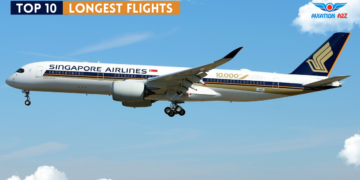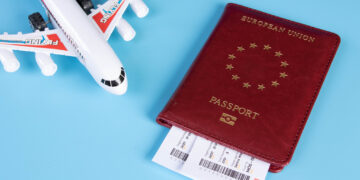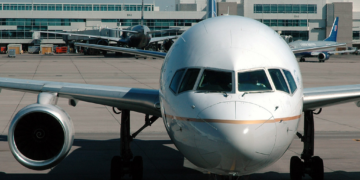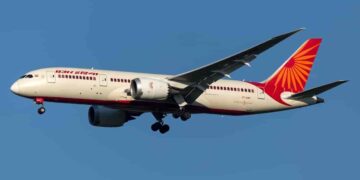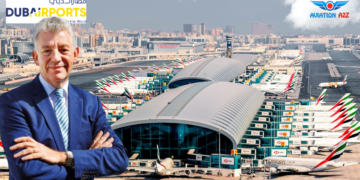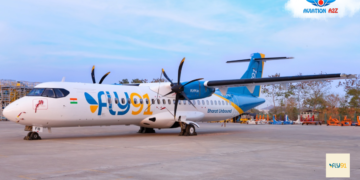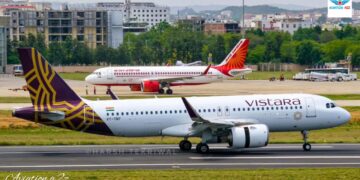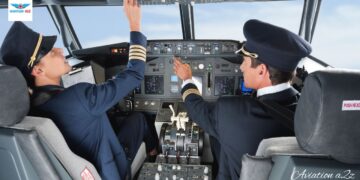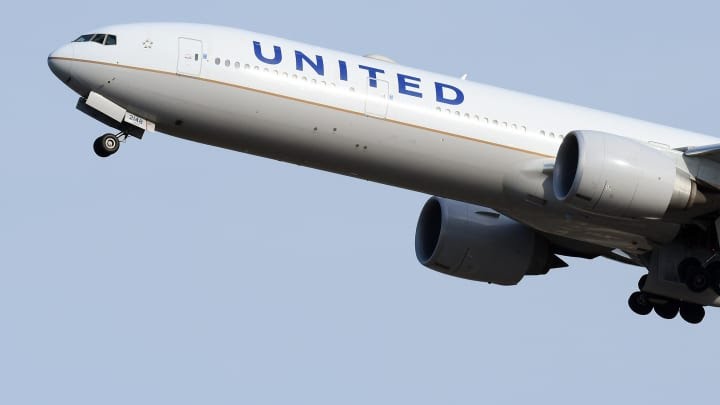United Airlines is the first major U.S. carrier to reach a deal since the start of the Covid-19 pandemic, setting the standard for the rest of the industry.
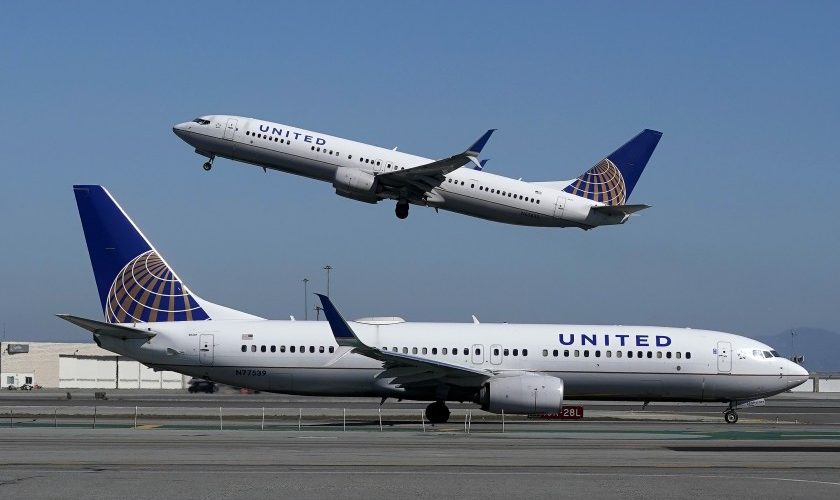
The union representing United Airlines pilots has approved a tentative deal that would give the pilots pay raises of more than 14 percent.
The arrangement comes as the airline and other carriers battle a pilot shortage, which some carriers claim has compelled them to reduce flying schedules. Rank-and-file pilots will vote on the contract in a process that will end in mid-July.
According to the Air Line Pilots Association, which represents roughly 14,000 United pilots, under the agreement approved on Friday, pilots would receive pay raises totaling more than 14.5% over the course of 18 months.
According to Kit Darby, a pilot pay expert and former United captain, pilot compensation at United as of 2020 ranged from around $73,000 for an early-career first officer on the carrier’s smallest aircraft to more than $337,000 for a wide-body captain. However, income for pilots might vary greatly based on how frequently they fly.
Eight weeks of paid maternity leave are also included in the two-year contract, which is a first for the airline’s pilots. According to United, there are 7% of female pilots.
As unions attempt to enhance quality of life after two years of the pandemic, the deal sets the stage for negotiations with other significant U.S. carriers, such as Delta Air Lines, American Airlines, and Southwest Airlines. Some pilots claim that airlines have created demanding schedules to take advantage of a rebound in travel, leaving them exhausted. Some pilots have even recently picketed to protest the situation.
Robert Isom, the CEO of American Airlines, said in a video message to pilots last week that the airline will take into account other carriers’ agreements, including United’s, and revise its wage offers once the specifics were known.
“Our team will receive competitively high pay. You won’t lag behind other network users “
Says Isom
Major carriers are now in contract negotiations with flight attendants and other labour groups.
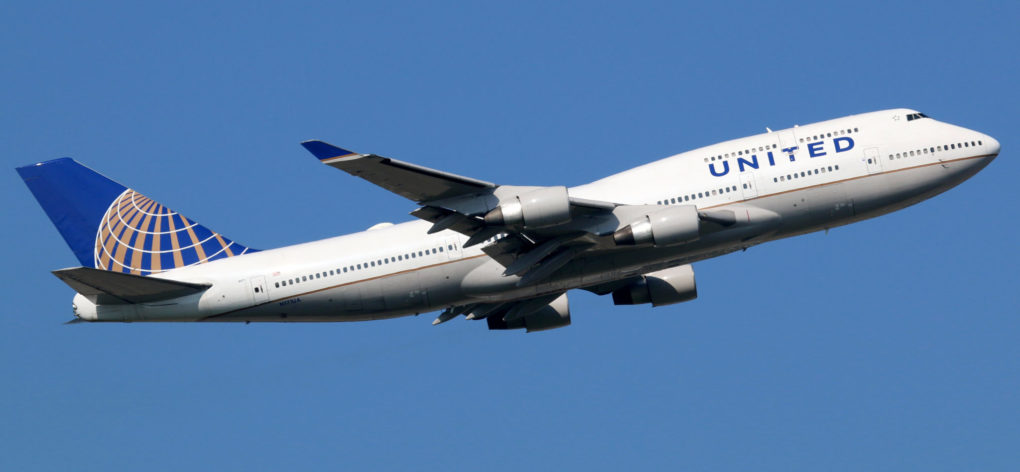
The pandemic made airline staffing issues worse. Airlines encouraged many pilots to accept early retirement and leave of absence while receiving $54 billion in public payroll help that forbade layoffs, which resulted in a backlog in hiring and training.
Regional airlines, which frequently travel to smaller cities, are particularly affected by the severe pilot shortage. Envoy and Piedmont, two of American Airlines’ regional airlines, announced last week that they will temporarily raise pilot compensation by more than 50% in an effort to draw in and keep employees as competition for pilots heats up across the industry.
Stay tuned and updated with Aviationa2z.



